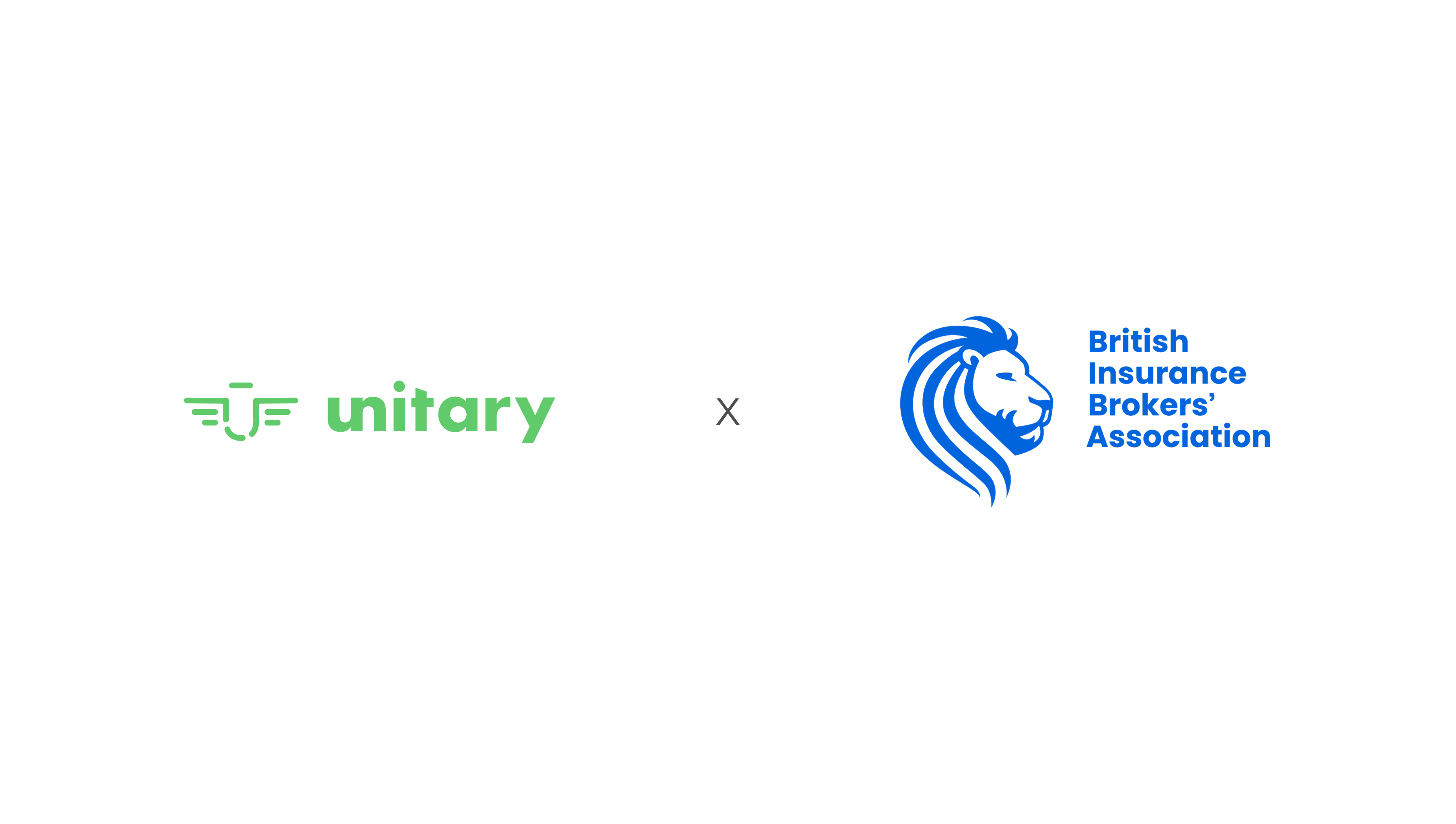
What does online safety have to do with black holes?
When I first decided to start a PhD in string theory, it was after a general science degree, and the realisation that what really appealed to me was applied maths. Just before I started, my supervisor mentioned that Stephen Hawking was interested in exploring something related to black holes – an attempt to find the answer to one of his own questions posed over 40 years ago. I agreed, excited to have the opportunity to work with such an inspirational scientist, and thinking my part in it would take two weeks. We worked on it for four years, and the problem is still not truly solved.
When you enter academia, you do so knowing that you are exploring a tiny piece of an infinite puzzle, and asking questions that you could spend your whole life trying to answer. I loved working on black holes, dedicating myself to trying to solve this huge, long standing problem known as the black hole information paradox. It was both exciting and daunting to realise that black holes had the potential to be all I ever worked on. The universe of unsolved problems is so big. Too big. I could've gone on forever.
When it comes to black holes, and any research topic more generally, the more you learn, the more you realise you still need to learn. A lot of things in life have a beginning, middle and end. A trip abroad starts and ends, a film has a definite runtime, your job will have a first day and a last day, but researching black holes feels infinite.
The pursuit of this knowledge is on the one hand inspiring, but over time I realised that I wanted to play a role in solving problems where I could see a tangible impact on the world within my lifetime. I wanted to solve a problem, not make the start on a solution. The irony is, the ever-evolving online world doesn’t always feel so different. Online safety will never be ‘solved’, just better understood and more aspects of the problem unlocked. The puzzle of making sure that the internet is safe for everyone is equally infinite in practice, because we’ve designed the web in the hopes that it will be all things to all people. The difference, of course, is that while the internet may, in some ways, be as dense and complicated as black holes, we access the internet every day, and so have the potential to really feel the effects of the work we do.
Moving from black holes to online safety felt almost natural, because supporting Trust and Safety means being faced with new challenges that don't really have fixed solutions. Just like physics, trust and safety means constantly playing catch up with the thing you’re studying – in academia it’s other research taking place at the same time, and on the internet it’s new methods of communication and new technologies enabling the proliferation of harmful content.
Making sure that the right harmful content is removed quickly and efficiently has proven a difficult problem from the start, and it’s only become more challenging as the way that people communicate online continues to evolve, perhaps most notably with the ease and immediacy of video. Just like we had to move from solving long form equations written down in the pages of notebooks to using computers to calculate complex mathematical problems, we’ll have to make use of new technologies like machine learning to address some of these new challenges. This time, though, finding an answer and making the internet better will tangibly improve the lives of millions, if not billions of people. And this is something I find deeply motivating.
Read about Unitary's story to learn more about how our founders met and why they embarked on this journey together.


